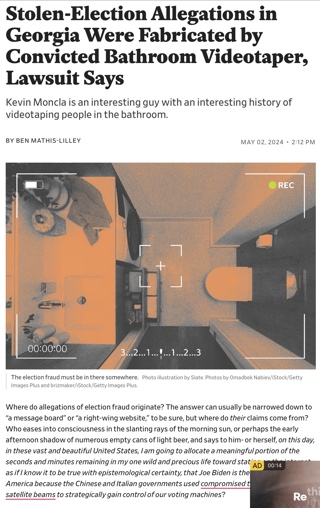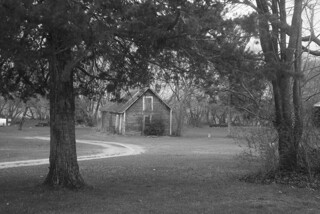Oren: Realists Misunderstand America’s History
Michael Oren says the foreign policy “realists” arguing for negotiations with Syria and Iran are ignorant of American history in the Middle East: Apple pie and the Middle East. (Skip the LA Times registration by following the link from this page: ‘Apple pie and the Middle East’ - Google News.)
THE STALLED U.S. mission in Iraq has prompted calls for a return to “realism” in American foreign policy. Instead of striving for freedom and national cohesion in the Middle East, realists argue that the U.S. should negotiate with Syria and Iran and abandon the dream of remaking the region on a democratic, federated model. Realists claim that replacing a faith-based policy with an agenda based solely on economic and strategic interests will return the United States to its traditional posture in the Middle East.
In fact, long before the rise of radical Islam and even the discovery of oil, Americans worked to bring liberty and human rights to the Middle East. For well over 200 years, U.S. citizens have sought to endow Middle Eastern peoples with the same inalienable liberties Americans enjoy at home.
The absence of basic freedoms in the Middle East was well known to the founding fathers. In contrast to the young republic, observed John Adams, the ancient dynasties of the Middle East were rife with “avarice and fear,” ruled by despots who treated their subjects like “so many caterpillars upon an apple tree.” Thomas Jefferson believed the U.S. could never rely on a peace treaty with any Middle Eastern state, whose word was only as good as the life of its ruler. The prevalence of tyranny in the region was noted by Jefferson’s friend, John Ledyard, who in 1788 became the first American to explore the Middle East. “It is singular,” he wrote, “the Arab language has no word for ‘liberty.’ ”
But merely lamenting the lack of liberty in the Middle East was insufficient for some early Americans, who dedicated their lives to emancipating its inhabitants. Starting in the 1820s, New England missionaries began building schools throughout the region and introducing their pupils to American-style ideas of patriotism and civic virtues. The missionaries also established the area’s first modern institutions of higher learning, the American University of Beirut (originally named the Syrian Protestant College) and Turkey’s Roberts College, to further disseminate their views. “A man white, black or yellow, Christian, Jew, Mohammedan or heathen, may enter and enjoy all the advantages of this institution,” declared AUB’s first president, Daniel Bliss, in 1866. “[He may] go out believing in one God, or in many Gods, or in no God.”
A similar open-mindedness was imparted by the Civil War veterans, Union as well as Confederate, who in the late 1860s joined in creating the first modern school system in Egypt.










